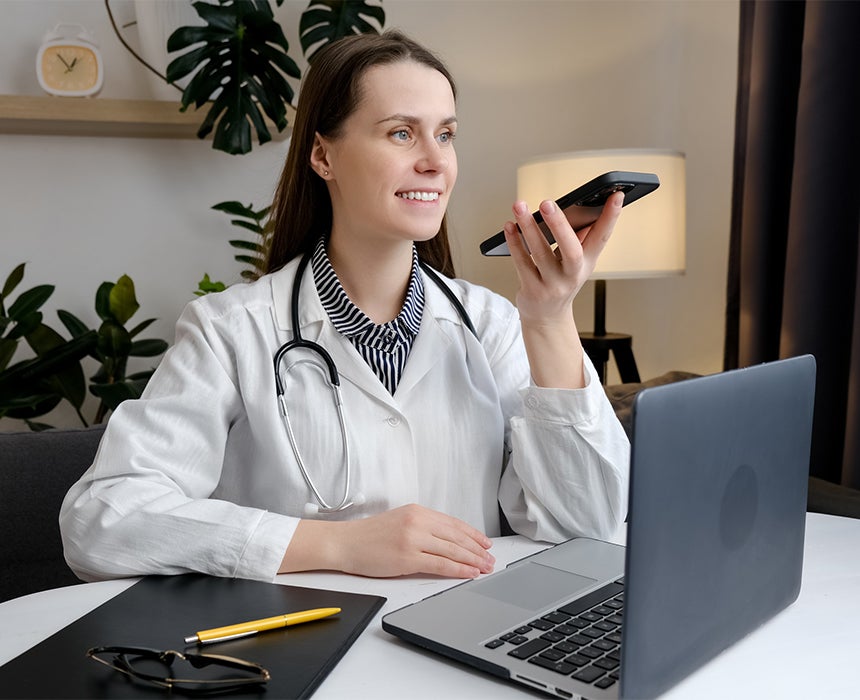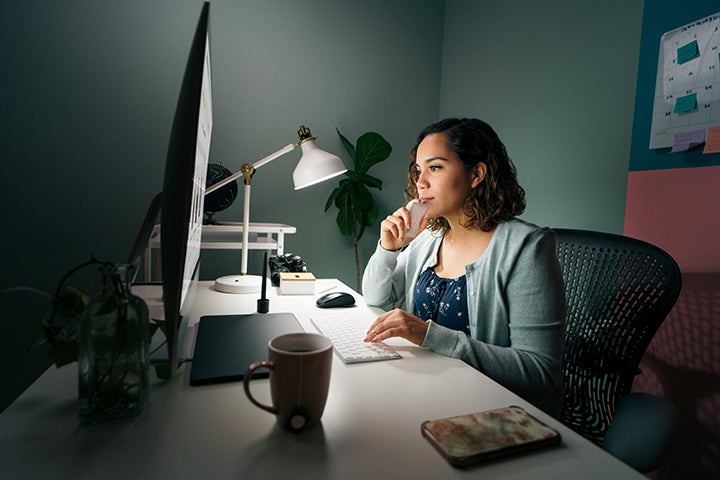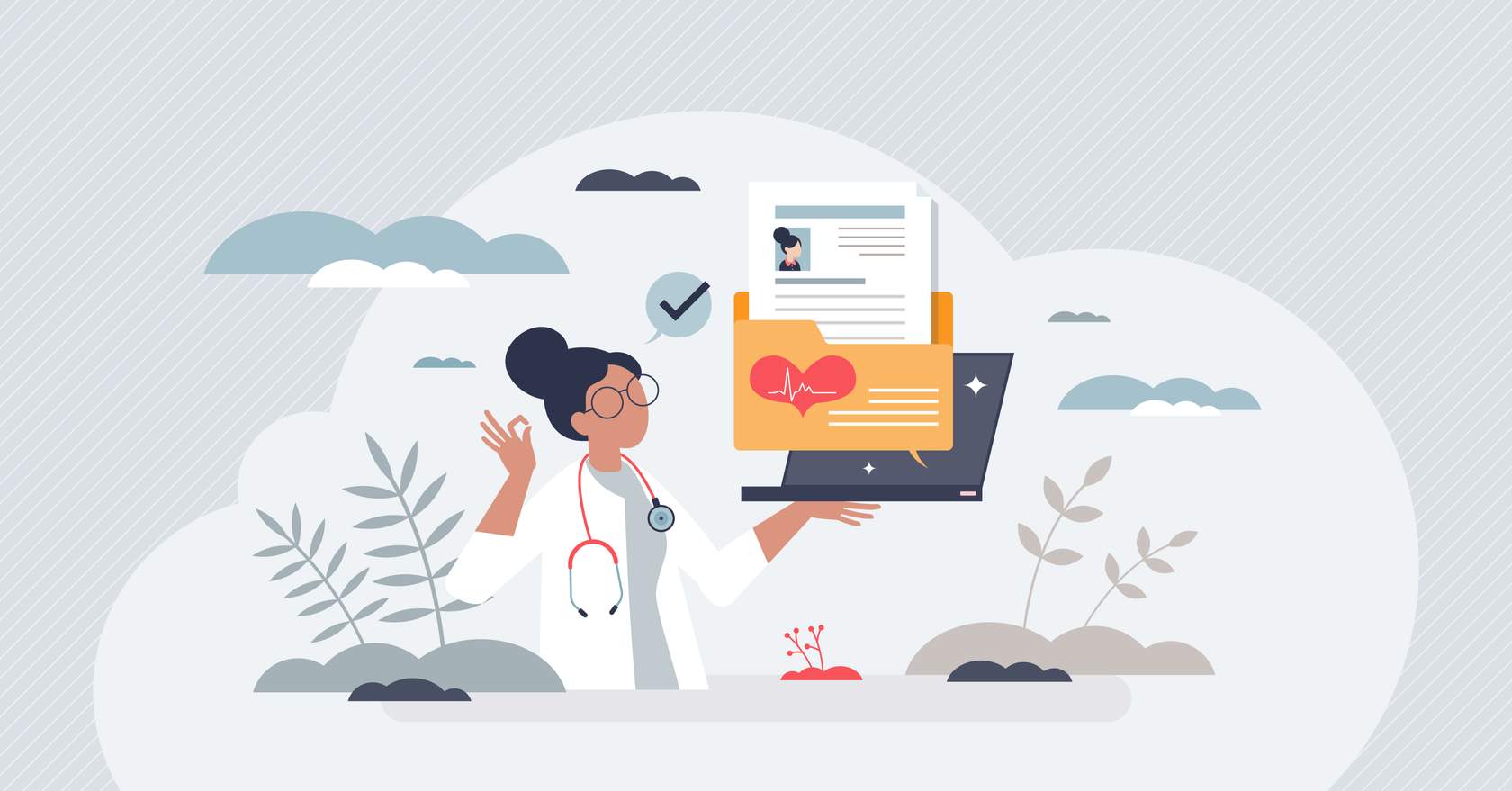Survey results reveal doctors lack confidence using social media safely
Monday, 14 March 2022

Our Digital Communication Survey results show that despite members’ high use of digital platforms for work, many doctors don’t feel confident they are using social media safely and lack an understanding of the medico-legal risks.
Despite GPs being the second highest users of social media, behind trainees, one in five GP respondents admitted they are not confident they are using social media safely from a medico-legal perspective, demonstrating more guidance is needed on the dos and don’ts.
Uncertainty on documenting information in messaging apps
Messaging apps are the most common social media platform used with 51% of respondents using messaging apps multiple times a day.
The results show some doctors have a limited understanding of the medico-legal requirements when using messaging apps in a professional context, particularly when documenting information. Although 92% of trainee respondents use messaging apps at least once a day, one in three said they are not confident they are using the apps appropriately at work and only half of the respondents answered the question below correctly.

It’s important to remember that exchanges via messaging apps and any important clinical decisions arising from these need to be documented in the medical records. For more information read our factsheet: Messaging apps: communicating safely in clinical practice.
Lack of awareness of policies on clinical image use
A lack of awareness around hospital or practice’s policies on taking clinical images is also a hurdle. Only half of trainees are familiar with their hospital’s policy on taking clinical images and 36% of GPs ticked, ‘I am not sure if my hospital has a policy on taking clinical images.’
Doctors need to be aware of their employment obligations before sharing clinical images and to check their hospital or practice’s policy. This may include:
- whether you need to obtain written consent
- whether you can use a personal device or must only use hospital or practice-owned devices
- how you store and share images.

For more guidance on taking clinical images, see our factsheets: Taking a clinical image and Clinical images: a snapshot of the issues.
Keeping it professional
In terms of what doctors are doing on social media, ‘Posting a photo of myself socialising’ was the most popular activity, followed by ‘Sharing my personal views about a health issue’ and ‘Providing information/education about a health issue to the public.’
While social media is designed to connect people, the results reveal some doctors fail to appreciate how their personal social media use may reflect on them as a doctor. GPs and trainees are more likely to blur personal and professional lines on social media compared with other groups. Eight per cent of trainees and 5% of GPs agreed with the statement: ‘As long as I don’t say where I work, I can be myself on social media and don’t have to worry about my professional obligations.’
You may think your personal and professional personas are different, but your social media profile will often connect the two. As a doctor, you are held to a higher standard of professional behaviour, so you need to be careful posting any personal information or opinions on social media.
While you have a right to hold personal views, the Medical Board of Australia’s Good Medical Practice: a code of conduct for doctors in Australia, confirms that you must consider the impact of any social media comment on your role as a doctor, patient access to care, and on the reputation of the medical profession.
Be mindful that medical regulators may consider your social media use in the context of a complaint, or in extreme situations if there is a concern about your fitness to hold registration. For more information on your professional obligations, see our factsheet: Social media for doctors: keeping it professional.
Supporting safe and confident use
Use of digital communications has many positive benefits for both doctors and patients. The key to using these digital platforms safely is being aware of the medico-legal risks and taking reasonable steps to mitigate them.
We have used the survey insights to develop education resources and will continue to provide practical medico-legal information to support members to use digital communications both confidently and safely.
A big thank you to the 1,359 members who completed the survey*. The survey was developed to understand members’ social media use, attitudes and confidence towards using these digital platforms, and knowledge of the medico-legal risks.
Useful resources
Digital communication: what you need to know.
*The survey invitation was emailed to a sample of 58,285 Avant members including GPs, physicians, acute hospital care doctors, surgeons, pathologists, radiologists, psychiatrists, trainees and students on 20 October 2021. The survey closed on 24 October 2021 and the results were collated on 16 November 2021.
IMPORTANT: This publication is not comprehensive and does not constitute legal or medical advice. You should seek legal or other professional advice before relying on any content, and practise proper clinical decision making with regard to the individual circumstances. Persons implementing any recommendations contained in this publication must exercise their own independent skill or judgement or seek appropriate professional advice relevant to their own particular practice. Compliance with any recommendations will not in any way guarantee discharge of the duty of care owed to patients and others coming into contact with the health professional or practice. Avant is not responsible to you or anyone else for any loss suffered in connection with the use of this information. Information is only current at the date initially published.
More ways we can help you



